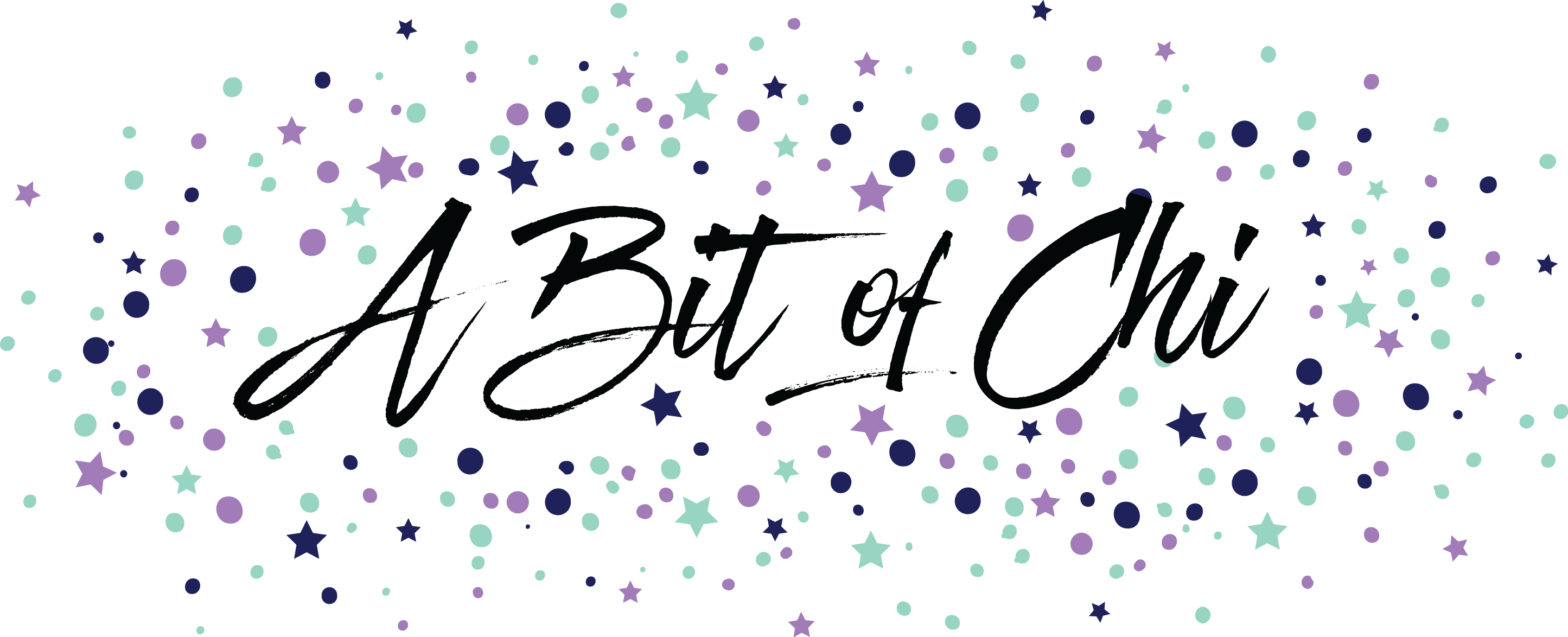Many moons ago I mentioned that I was going to do a review on Michael Pollan’s Cooked. Well, I finished reading it but never got around to publishing the review so today I decided to change that.
I can always be guaranteed three things when I read a Pollan book and that is to walk away with more insight on food science, food trends, and food politics. This book certainly did not disappoint in any of those areas.
The Basics
The book itself is split into four sections – one for each of the major categories of cooking (barbecuing; cooking in a vessel – boiling or braising; baking, and fermenting) which each correspond to one of the classical elements – fire, water, air, and Earth.
A New Way of Thinking
I appreciate that Pollan makes you think about things in ways you never thought about before. For example, he mentions that all cooking starts with an act of destruction – killing, cutting, chopping, or mashing. I never really thought about it but it’s true (unless you count cereal as cooking which some people do).
He also notes that cooking makes us human. For one, it’s something we can do that other species can’t (pretty sure). Two, cooking opens up a wider variety of food sources to us, and allows us to get a more energy-dense and digestible diet which allowed our brains to grow bigger (as a result of more and better nutrients) and our guts to shrink (cooking eliminated some of the chewing and digestion restraints so we didn’t need such large digestive tracts).
Food Science
Fermentation also pre-digests food for us. Fermented food like breads or cheeses contains live cultures (bacteria) that are steadily at work transforming the contents of the food they’re contained in, into by products that we can consume which are then further digested in our stomachs. These bacteria also contribute to the diversity of the bacteria in our gut (gut microbiota) where food gets further digested.
The same molecules responsible for making you cry when you’re chopping onions may also be protecting you from dangerous bacterial growth.
Food Trends
If you’re on Instagram you’ve seen your fair share of raw foodie advocates showcasing their raw food dishes. That’s all well and good but a completely raw food diet is not sustainable according to Pollan. He notes that raw foods take more time to chew and digest which is why raw foodies rely heavily on juicers and blenders. Without them, he says, they would spend as much time chewing and digesting food as chimps do (several hours a day).
Apparently, there is not enough energy in raw foods to sustain our brains and bodies. We tend to introduce a lot of calories when we cook food with our sauces and oils and other ingredients, and as a natural by product of cooking itself, which is actually beneficial (to an extent of course)
Food Politics
I never thought about barbecuing as being inherently political but that quickly changed after reading Cooked. The methods for barbecuing – whole hog vs. section, what wood to use, even whether or not to use coals, can vary significantly from region to region, state to state, and county to county, with each group feeling that their method is superior, more authentic, or better tasting, than all the others.
Sometimes, I could do without his belabored style of writing. These are obviously topics that Pollan cares deeply about but sometimes I would read a passage and think, “Wow, that was a bit much.”
Overall, I enjoyed the book and think it’s a solid read for anyone wanting to learn more about some of the history behind the different cooking techniques we use and the evolution of cooking itself.
I hope you all are having a fabulous week!



